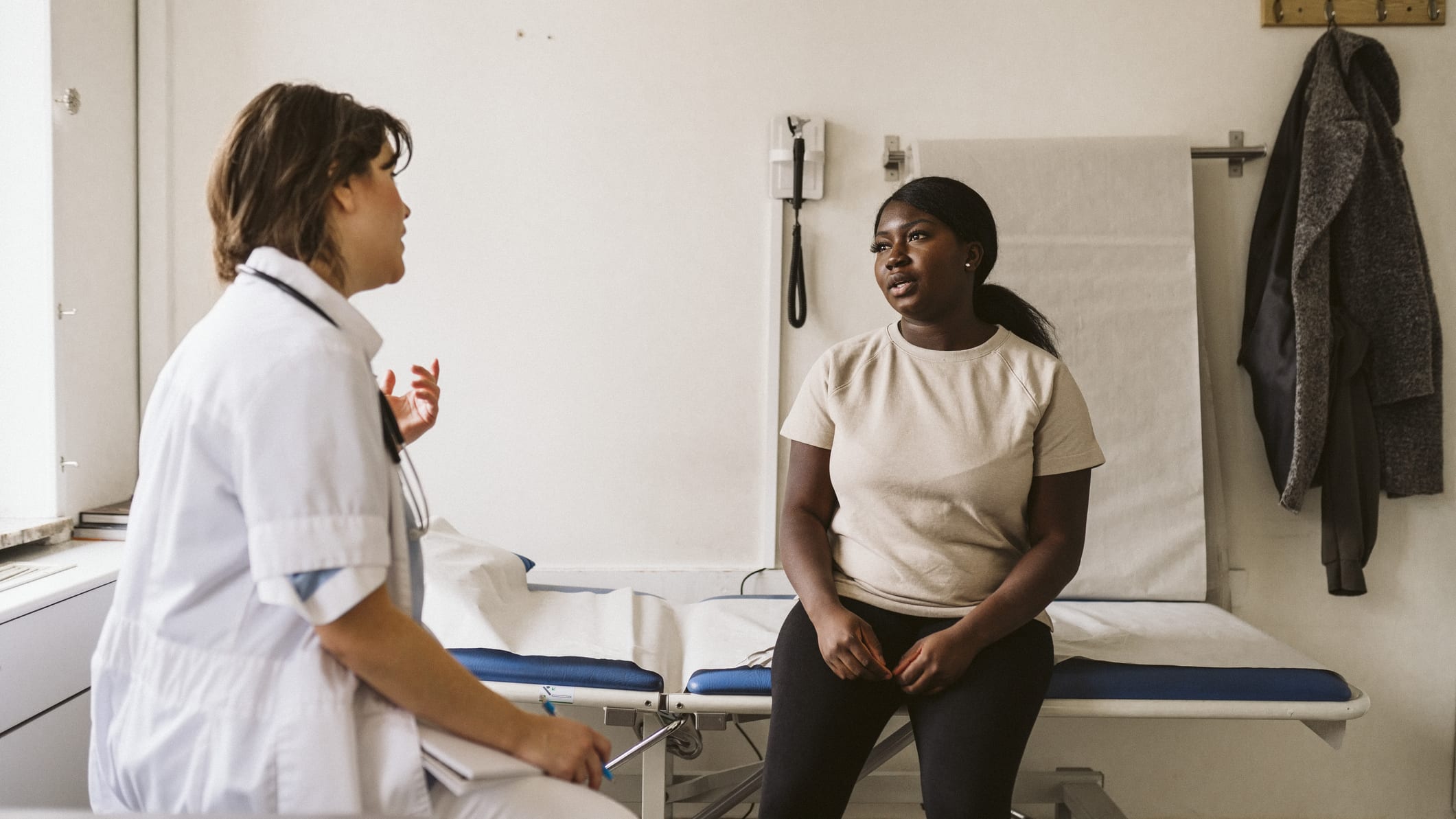From coast to coast, Ozempic has become a hot topic; and an even hotter commodity.
The drug, an injectable launched in 2017 to treat type-2 diabetes, has rapidly become highly sought after throughout the country for its weight-loss side effects, impacting its availability. Alleged hoarding of the drug by Hollywood elites has become such a prevalent issue that actor Anthony Anderson, who lives with type-2 diabetes, recently condemned the use of Ozempic or any of its distant cousins — including Wegovy (FDA-approved to treat obesity), Mounjaro, Rybelsus, and Saxenda — for vanity weight loss purposes. Ahead of the Super Bowl, Anderson told People magazine, “hopefully, this trend will stop.”
“It’s creating a shortage for those of us who need the medicine that we need — and not for weight loss issues, but for our health,” he added.
He’s not entirely wrong; the “#ozempic” tag has well over 600 million views on TikTok to date. Per Time magazine, health software company Komodo Health reported over five million prescriptions written for Ozempic or similar drugs in 2022. Other coverage alleges celebrities and equally privileged elites are procuring off-label prescriptions or going through back channels to obtain the medicine, effectively making its unavailability something of a status symbol.
However, while there’s been a laser focus on those using these drugs for vanity purposes, the realities facing many Black Americans who also need Ozempic have gotten lost in the conversation. According to the Centers for Disease Control and Prevention (CDC), over 75% of Black Americans have obesity, and four out of five Black women are at risk of developing the disease. Additionally, as previously reported by theGrio, roughly 37 million Americans have diabetes, including 12.7% of Black people. In all, 96 million Americans are at risk of developing diabetes.
Drugs like Ozempic can be…
Read the full article here



